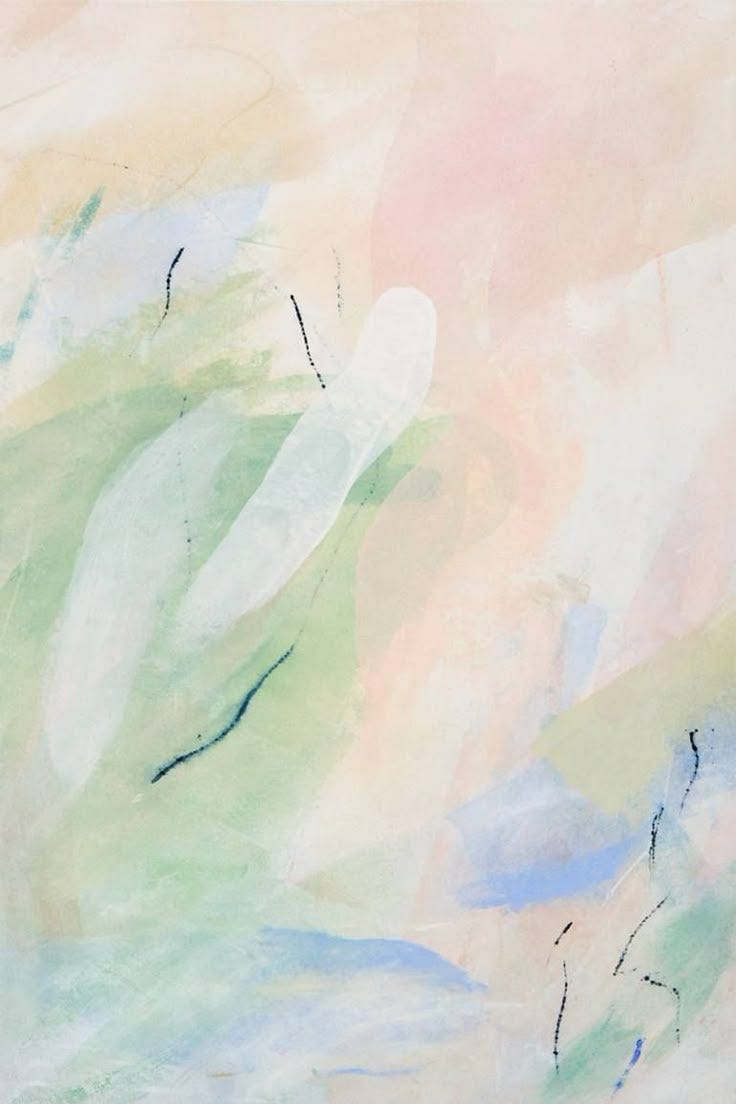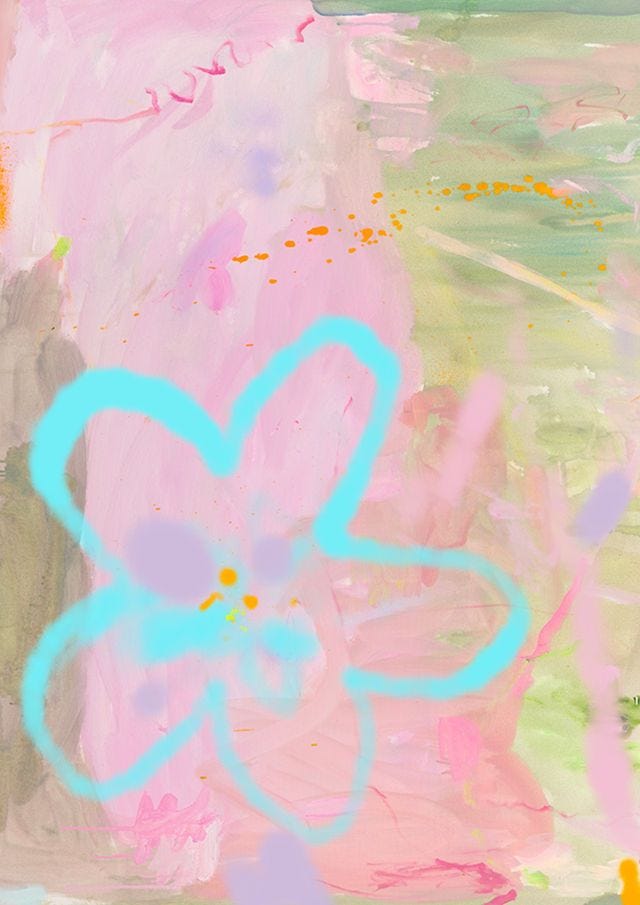Care/Giving
A list of all the things that break you open.
Let me start by saying: I’m not an expert in caregiving. I’ve only been doing this for a month. Just over thirty days of showing up, of learning how to lift, how to pivot, how to steady myself in the doorway so my father doesn’t fall. But the real weight isn’t in the physicality of it—it’s in everything else. It’s in the moment I cry silently after picking him up from the dining chair where he fell asleep mid-meal. It’s in the way I sometimes scream into my pillow because no matter what I do, no matter how gently I move or how much I try to preserve his dignity, I can’t bring him back to who he was. Not really. Not fully.
It’s only been a month. And already, I’m torn. I feel the ache of missing my life in Portland—my home, my cats, my friends, the version of myself that still believes in future plans. All the while I know: there is nowhere else I can be. There’s a kind of holy devotion in the way a daughter cares for her father. It’s sacred. And it’s brutal. It asks everything of you and then more.
What’s hardest to admit is how complicated it all feels—when you wish it didn’t. You want to give all of yourself, to be fully present, fully generous. But the truth is, half of you is trying not to disassociate. You’re thinking about escape. About fresh air. About silence. And the guilt that follows? It’s a second skin.
Some days I feel like I’m living in a slow unraveling. One thread pulled gently after another. A forgotten lunch. A missed word. A blank stare that once would’ve held recognition. I tell myself to be grateful—and I am—but the gratitude doesn’t cancel out the grief. They sit beside each other in the same room. And I’m learning, slowly, how to let them both stay.
I’m heading home soon. Back to Portland. Just for a little while. I keep telling myself this isn’t abandonment. It’s not giving up. It’s the only way I know how to stay whole. I want to believe that taking care of myself is a way of taking care of him. That I can return more grounded, more available, more real.
Because the truth is, this kind of caregiving—this standing at the edge of someone else’s mortality—it strips away everything nonessential. You see what’s left. And what’s left is love. Messy, imperfect, gutting love. The kind that keeps you up at night and also anchors you to the earth.
There’s a quiet miracle that happens in these moments, even the unbearably hard ones. When I brush his hair back from his forehead. When he smiles at me with the same dimpled face I’ve known since I was a child. When he asks, mid-confusion, if I’m okay. (I say yes—I lie.) These are the moments that split me open. That remind me: we are still here. Still trying. Still loving each other as best we can.
And maybe that’s all this is. A kind of imperfect love story. One without resolution. One that asks you to keep showing up, even when your hands are shaking, even when you’d rather disappear.
I don’t know how this ends. Not really. I only know that right now, my father is asleep in the hospital and I’m here writing it all down in the hotel room that I keep extending and extending. (The staff knows me by first name.) I’m not writing because I have the words, but because I need to try.
Because some nights, trying is the only thing that keeps me whole.





Isabelle, your writing on grief is beautiful. Thank you. My own father's heart failure is getting worse and I, too, am in the throes of caregiving. Most mornings I wake up feeling like my body's been hit by a monster truck -- a physical manifestation of the weight of it all. It's crushing.
I wrote a poem the other day that I thought I'd share with you:
Sometimes
(okay, most of the time)
I wish the hard would be over
The countless doctors appointments
that have taken over our calendar
My google search history
full of symptoms that pop up
like whack-a-mole
The list of medications that rival a CVS receipt
And yet
When -- not if -- the hard is over
When we are finally through
The wondering, worrying, watching, waiting
You will no longer be here
So as much as the hard is hard
As taxing and depleting as it is
I don’t want it to end
This brought me to tears. . . . tears of love, understanding, and gratitude for not being alone. Thank you.